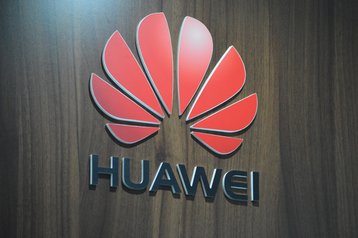Former Google CEO Eric Schmidt criticized Huawei and said that it poses a risk to national security, in a BBC Radio 4 interview.
Schmidt now chairs the Pentagon's Defence Innovation Board, as well as a National Security Commission looking at artificial intelligence.
Evidence has yet to be presented
"There's no question that Huawei has engaged in some practices that are not acceptable in national security," Schmidt told the BBC, stating that it was possible to think of the company as a means of "signals intelligence."
He added: "There's no question that information from Huawei routers has ultimately ended up in hands that would appear to be the state. However that happened, we're sure it happened."
Huawei has denied such claims multiple times. "The allegations made by Eric Schmidt, who now works for the US government, are simply not true and as with similar assertions in the past, are not backed by evidence," Victor Zhang, Huawei's UK head, said.
The US has reacted to the alleged spying by levying huge sanctions against Huawei, blocking US corporations from working with the company. Most recently, it even stopped Taiwan's TSMC from making chips for the Chinese telco giant.
Schmidt believes that instead of sanctions, "the answer to Huawei... is to compete by having a product and product line that is as good."
He admitted to having previously held prejudices about China - "That they're very good at copying things, that they're very good at organizing things, that they throw large numbers of people at it. But they're not going to do anything new. They're very, very good at stealing, if you will, our stuff. Those prejudices need to be thrown out.
"The Chinese are just as good, and maybe better, in key areas of research and innovation as the West. They're putting more money into it. They are putting it in a different way, it is state-directed in a way that is different from the West. We need to get our act together to compete."




